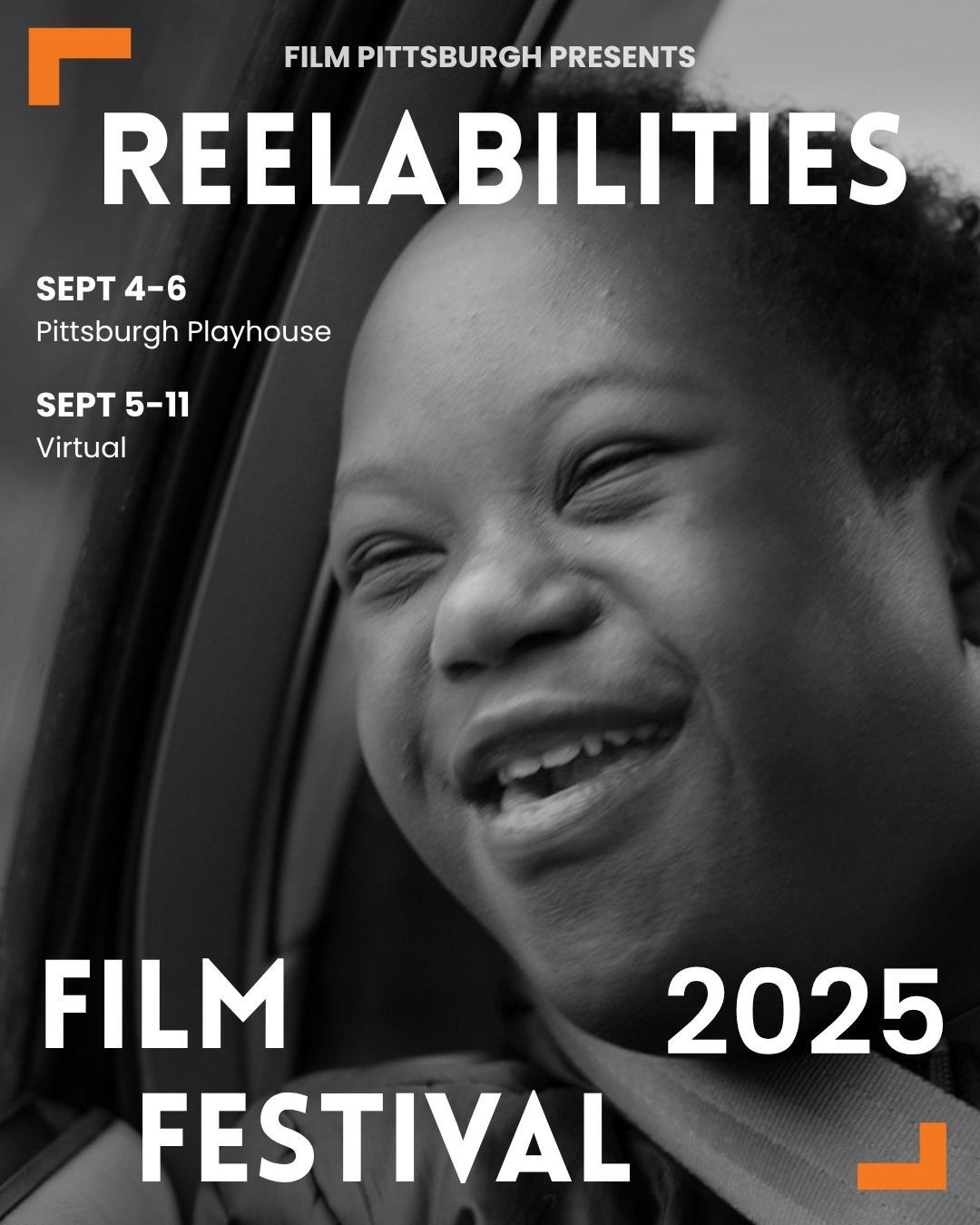ReelAbilities Film Festival Review
trcf marketing • September 30, 2025

Thanks to TRCF, I was lucky enough to get a virtual pass to Film Pittsburgh’s ReelAbilities festival, a festival that chronicles disabilities in film, and amplifies disabled voices across the world. The festival consists of some full length feature films, documentaries, as well as film shorts. Every film was unique in its own way, focusing on different disabilities, and the way people with these disabilities lead their lives. Every film that I watched was not only inspiring, but forced me to think more critically about our society, and the way it operates. Each film tackles aspects of life those with disabilities have to face, and it also highlights the interplays of societal constructs and functions in a disabled persons’ livelihood.
The first film I watched was called The Color Book (2024), it was shot entirely in black and white, and it follows a Black father named Lucky learning how to navigate raising his son, Mason, who has Down syndrome, in the wake of his wife’s death. Through the movie, the father and son navigate endless hardships, from their car breaking down, getting separated at the train station, and even just learning how to exist with only each other. However, the main focal point of the film is how they navigate grief together. Through the film, Mason is never directly told that his mom has died. Lucky lets him know that it will just be the two of them from now on, but he is never directly spoken to about her death. To the viewer, it’s extremely clear that both Mason and Lucky are going through the grief process, they’re just not doing it together. Lucky seems to think Mason is just going on with life as per usual, watching baseball, coloring, and putting one foot in front of the other. However, Mason shows signs that he is grieving his mother, just as any child would. It isn’t until the end of the film when Mason directly says that all he wants is “mommy” does Lucky realize that Mason is grieving just the same as him. The end of the film speaks to the understanding they now feel for one another. This film was incredible, and I believe it spoke to a lot of predisposed notions society has. However, the biggest one I interpreted was the infantilization of those with Down syndrome. Even Mason’s own father somewhat thinks he can’t comprehend that his mom is gone, but Mason comprehends that, and he’s hurting. The Color Book was a stunning portrayal of hardship and humanity.
ReelAbilities had blocks of shorts as well. The first short I viewed was Calico (2024), which told the story of a high school girl with vitiligo, who is struggling with her self image. She then befriends a calico fish at her school, one that talks to her and convinces her to let him out into the wild. Through this short adventure to release her new fishy friend, she begins to accept herself more. She recognizes herself as unique, and that it’s something to be proud of. The short ends with her jumping into the school swimming pool, no longer hiding her skin, and embracing her newfound confidence. I felt that this short was a very feel-good film, from the adventure she takes with her talking fish, to beginning her journey of self love, Calico tells a beautiful story of acceptance.
Another film I watched in this shorts block was Izidor, which tells the story of a disabled Romanian orphan, named Izidor, who was kept in Romania’s asylums for “defective” children. This film was not only heartwrenching, but extremely informative. I had no idea that this had been a practice in Romania, or anywhere. These children that were deemed “defective” were not allowed outside of the asylum, and were subject to horrific abuse. One night, one of the nurses takes Izidor to her home. It should be noted that up until this point the entire film had been in animation, but as soon as he steps outside the gate, it becomes live action, which is a creative way to discuss what it means to be “human.” Izidor, for the first time, gets to experience the outside world, family, good food, and so much more. He ends up going back to the asylum the next day, as he was only allowed out for one night. However, Izidor learns that to be human is to belong. This film was heartbreaking, but it pushes the viewer to really consider what it means to belong, and how we can help others in the face of discrimination.
One of the other shorts in this block was Key of Genius, which tells the story of a piano teacher who is determined to teach a blind boy, Derek, who has autism. At the very beginning of the film, it becomes clear that the boy is a genius at the piano. His mother says that simply after hearing something he can play it. However, he has some aggression when trying to be taught. Nevertheless, the teacher is determined to figure out a way in which he can teach Derek. Through multiple trial and errors of teaching, the film ends with the teacher finally figuring out the way in which Derek likes to be taught. While it’s a relatively simple short film, it invites the viewer to not only remember, but also think more deeply about the ways in which everyone’s brain works differently. No two brains are the same, and no two people learn the same way; that difference should be celebrated.
One of the other short films in this block was called Romchyk, which told the true story of a Ukrainian boy who suffered severe physical burns on his body after a missile attack. The film not only follows Romchyk as he learns to deal with his new body, and life, but, it also focuses on his love of ballroom dancing. This film was extremely inspiring, and portrayed a boy overcoming unfathomable obstacles to continue doing what he loved.
Another short film in the block was called Unholy, and it told the story of a girl who was recently diagnosed with short bowel syndrome, and was adjusting to life with a feeding tube. In the film, she is part of a Jewish family, and the film centers around her attendance to Passover. Not only is she having to deal with all of the questions from her family about her condition, but she is also struggling with not being able to engage in the religious traditions of Passover like she used to. This film invites the viewer to critically consider the accessibility of religion, and what important religious traditions may make those with a disability feel ostracized. At the end of this film, the protagonist states that she feels “unholy.” Her father assures her that is not the case, but it does make the viewer ponder the struggles that those with disabilities may encounter while trying to practice their faith. I can honestly say that this is something that I have had the privilege to never consider, but now, it has made me aware that this can be a really harmful issue in terms of accessibility.
One of the final films I watched in the shorts block was At See, the story of a group of blind travelers who take their service dogs on a cruise. This film was honestly another feel good film that invites the viewer to consider accessibility in the world of tourism and traveling - another issue that I have never had to consider due to my privilege. This film was extremely informative, and really showcased what it is like for people who have to travel with service animals.
The final film I watched was a full length feature film called An Unquiet Mind, which was a documentary chronicling people’s lives who struggled with obsessive compulsive disorder (OCD). It followed two individuals, both living with different forms of OCD. The film simply tries to spread light on what OCD actually is, and how for many, it feels like your brain will never shut off. The film also emphasizes how debilitating OCD can be, and the strain it can have on your family, work, relationships, and your overall health. This film was not only incredibly informative, but it also really helped to portray what OCD is actually like for those who have it, versus the stigmas and preconceived notions society puts forth. This film was not only informative, but also quite inspiring. It showed the struggles those with OCD encounter, but also how they move forward every single day.
Overall, I am extremely grateful for my opportunity and experience to view ReelAbilities. It was an incredible festival that not only showcased and uplifted the voices of those with disabilities, but it also encouraged you to think more critically about the world and society around you. Many of the things people take for granted, are inaccessible to certain populations. We must all work together moving forward to create a world that is equal and accessible. And if you have any time, I encourage you to view some of these films, you might just look at things a little bit differently.
My name is Maddie Morelli and I am in my final year of the BASW program at the University of Pittsburgh. For the 2025-26 school year, I will be interning at Three Rivers Community Foundation. I am extremely excited to learn from all the wonderful people at TRCF, as well as learn from the people in the community.

